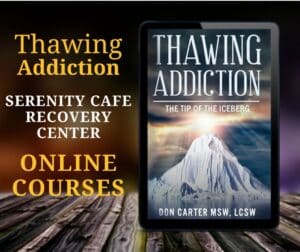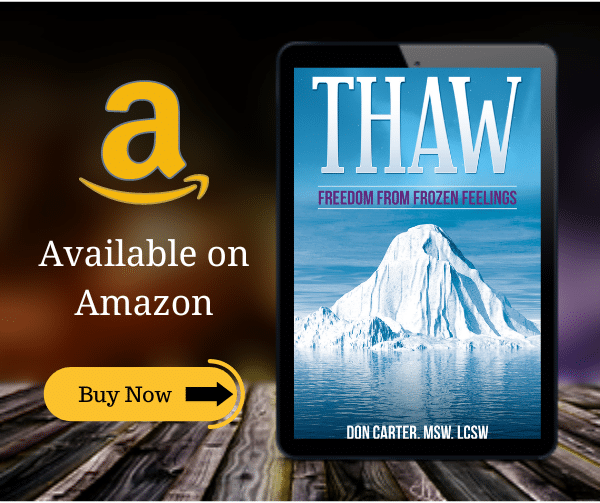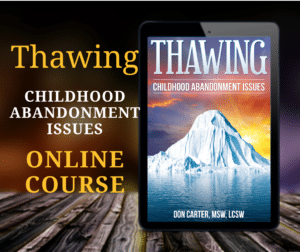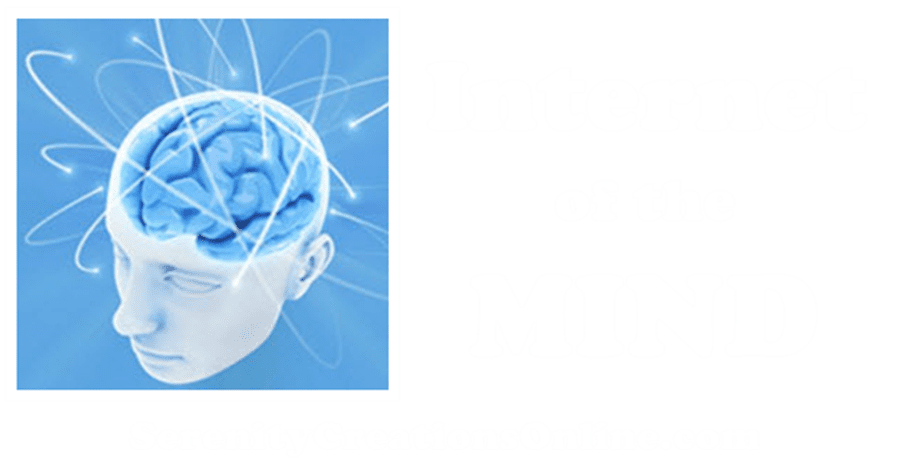
Adolescent Addiction: Parents Greatest Fear
Adolescent Addiction: One of the greatest fears that a parent can encounter is to discover their child has a dependency. Once parents have evidence of drug use or they are no longer in denial that their child is using they begin to scramble around trying to find a solution to change, fix or stop it…rightly so. It is human nature to want to help our children when they are in harms way or sick.
Adolescent Addiction
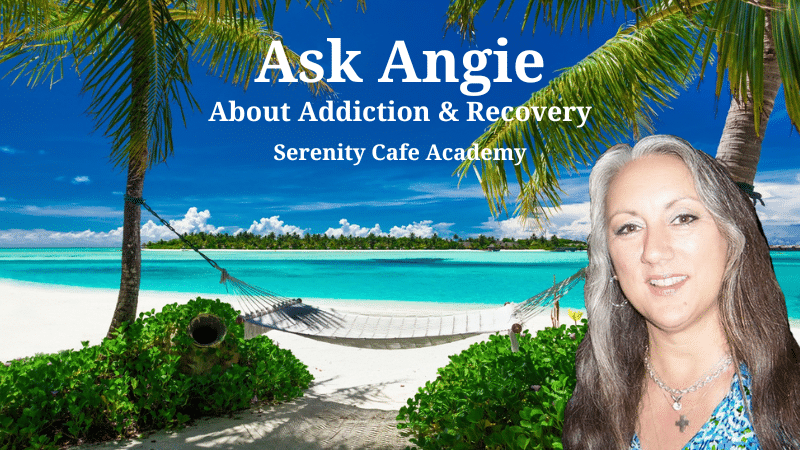
Understanding Adolescent Addiction
There are a few differences between adult and adolescent addiction that make it problematic for teens. As most people know, the brain of an adolescent is not fully developed and substances can impact and alter brain structure. Other dynamics which make teen addiction hard to deal with are environmental factors and emotional growth. I choose to think of the influence their friends have them more in terms of peer acceptance rather than peer pressure. To fit in somewhere is vitally important to teenagers.
The adolescent stage of development is the time for a young person to develop healthy coping skills. They sharpen their ability to handle things like stress, disappointment, being alone, making decisions and making mistakes. In addition, they learn how to delay gratification. In other words, if they feel bad they learn how to be patient, work through their feelings, and take positive measures that can return them to feeling gratified.
In a society where instant gratification is becoming more and more prevalent, these skills are not being acquired. Many adolescents are accustomed to having what they want when they want it. If it doesn’t happen they feel bad and so they learn how to change that feeling instantly by using mood and mind-altering drugs. In some cases, teens have a difficult family situation and they learn how to escape those feelings by using rather than learning how to deal with the pain. And sometimes it’s just a matter of a young person experimenting with very powerful, addictive drugs and getting hooked.
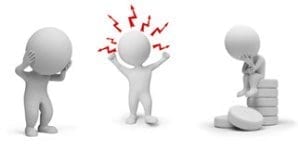
Interview with a Mom
I recently spoke with a Jefferson City mom about her son’s adolescent addiction and the impact it had on her and she shared some of her experiences about the situation. To protect her son’s identity she will remain anonymous.
Many times there is talk about the addict’s denial but did you, as a parent, experience any denial about this problem? “I didn’t want to believe it even after I had the facts because I didn’t want to believe it was as bad as it was (he was using heroin). I wanted so much to believe the lies he told me about not using because I didn’t want the reality that my son was using drugs to be true.” What were the main feelings you experienced in the beginning? “I felt hurt, scared and desperate. I was desperate to “fix” this thing so that it didn’t become any worse. At some point, I started to feel a sense of hopelessness and thought this can’t be happening.”
How do you handle worry now as opposed to when you first found out? “The worry used to paralyze me, I could only do the bare minimum to function, I was pretty much a zombie. Now, I use my support system and I have accepted the concept of powerlessness, I read family recovery literature, pray and talk to people. I know now that if I could have fixed it, it would have been done because I tried everything.”
What were some of the things you tried to deal with adolescent addiction? “I bailed him out of jail, took care of any problems so that life could be easy for him so that he wouldn’t have any stress or get upset and could just focus on getting clean. I tried to make things perfect.”
What have other family members said about you going to adolescent addiction recovery meetings? “They are very supportive because they can tell a big difference in me, especially the way I handle stressful situations concerning the addiction.”
What are some of the things you had in common with the other people in your support group? “I felt very welcomed when I started and saw that other people were going through the same thing. I could identify with their pain and worry, but I also saw that there was hope and there were answers on how to deal with this issue.”
What are some of the things that you do differently now? “I concentrate more on myself because I am the only one I can change. I am working on setting healthy boundaries and following through with those. I am trying to get healthy for me because that, in turn, will help my whole family”
What piece of advice would you give other parents who may be going through their own adolescent addiction? “Be open to trying a support group, and remember the 3 C’s – I didn’t Cause it, I can’t Control it, and I can’t Cure it. We can change ourselves and sometimes that has a positive impact on those around us.”
About the Author
Angie Carter, CRADC, SAP is a certified reciprocal alcohol and drug counselor and DOT certified Substance Abuse Professional. She is in private practice at Carter Counseling & Consulting Services. Angie sees local clients in the office and is also available for telephone coaching and/or consultation. Click here to contact Angie with appointment requests, questions, or feedback.
